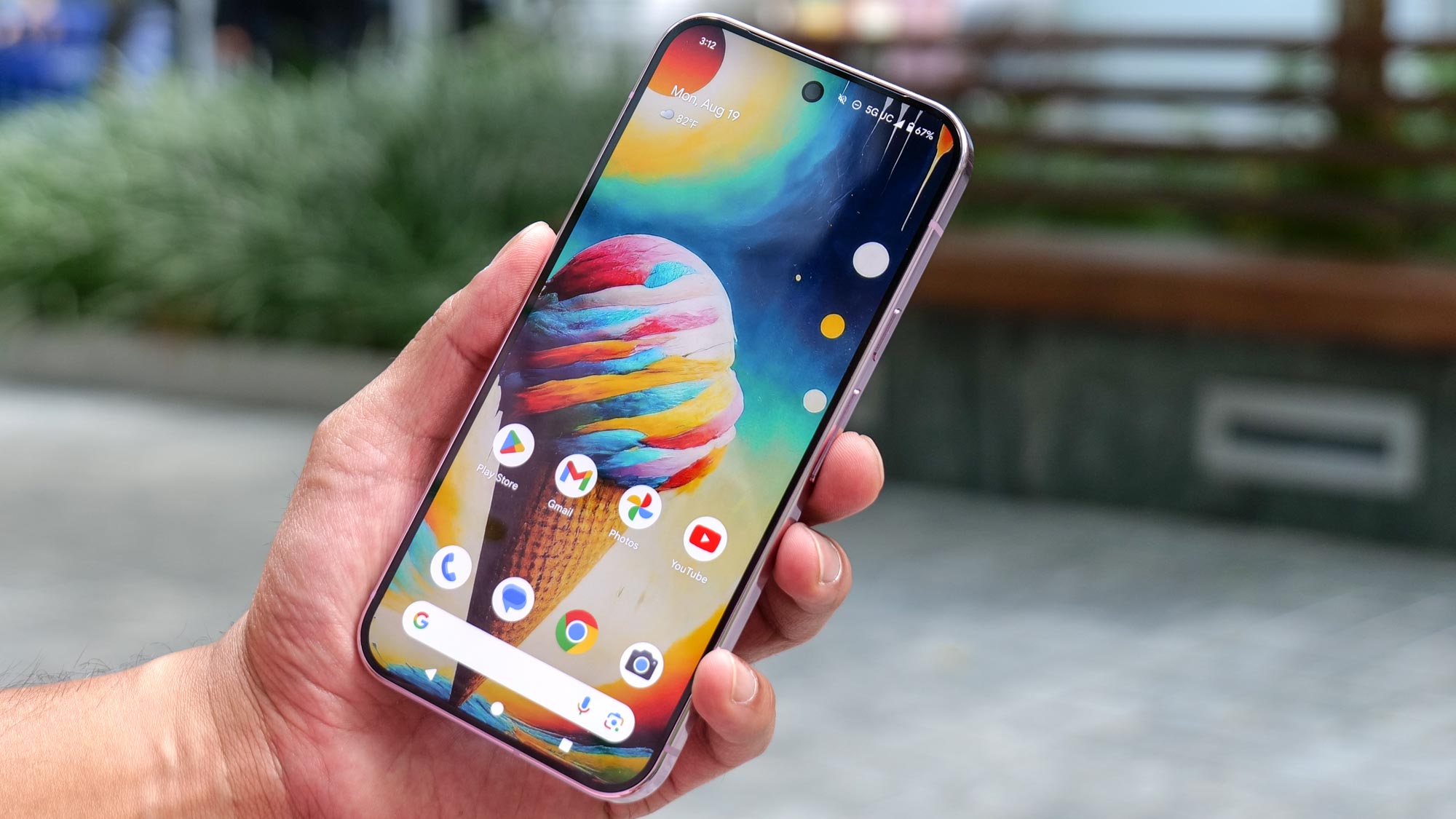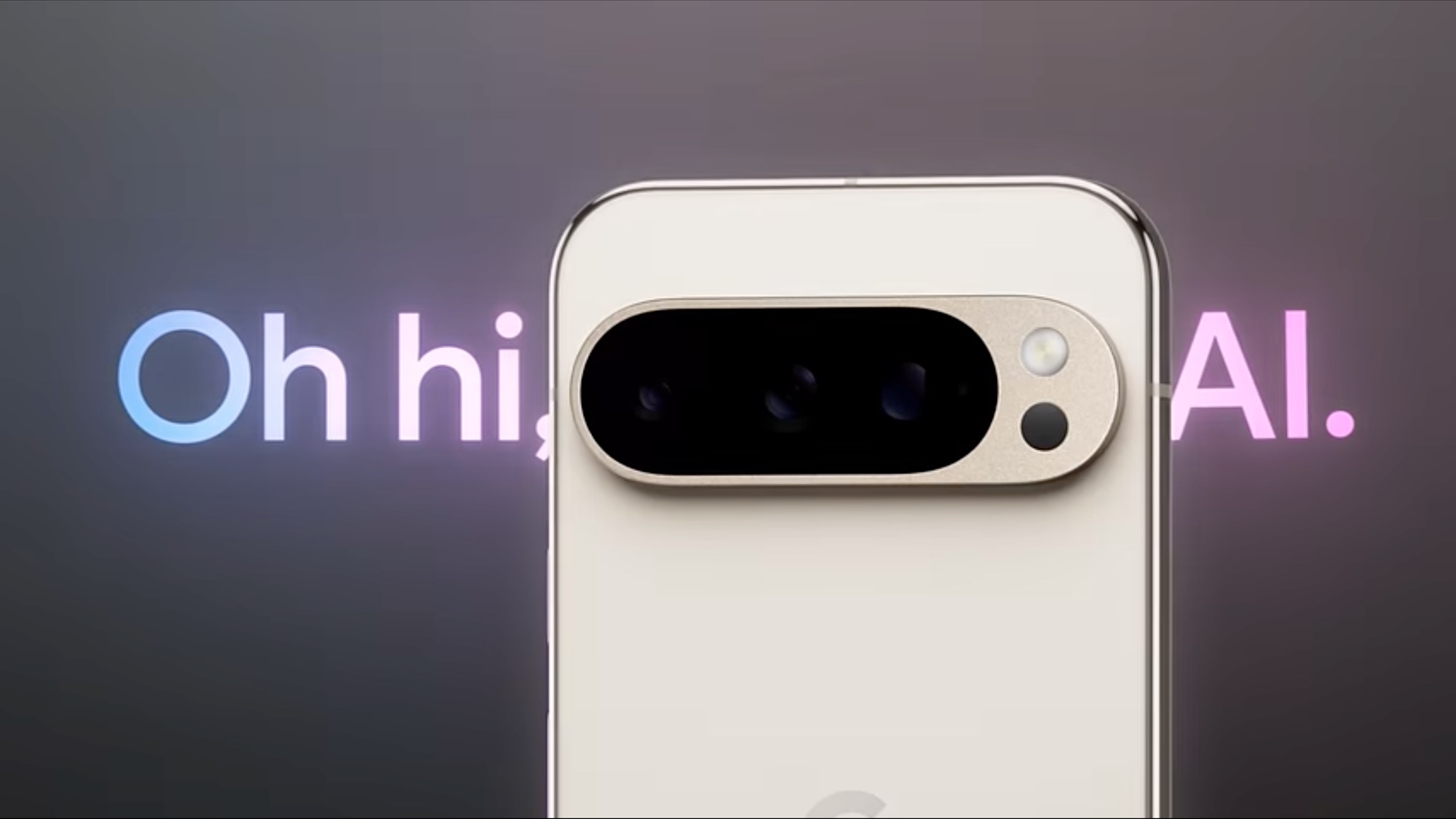
The incoming AI features for Google's next generation of smartphones might have just been revealed thanks to a new leak.
Recently, we saw a massive tip that revealed the hardware details for the upcoming Tensor chips, the Tensor G5. Following that was another leak regarding the power of the next generation of chips. Now, thanks to a new report (via Android Authority) we're getting a glimpse of the new features coming for the Pixel 10 and Pixel 11.
The leaks focus on all the new AI features, including "Video Generative ML" features made possible by the G5's upgraded TPU. According to the report, it seems this will allow for easier post-video editing due to using an AI that understands video, it might even be available for the YouTube app.
Google is reportedly also exploring several other AI-based photo editing features. For instance, a feature called "Speak-to-Tweak" which appears to be an LLM-based editing tool. There also appears to be a feature called Sketch-to-Image which likely resembles one of Galaxy AI's best features.

There's also a "Magic Mirror" feature mentioned, but we don't know much about it. It also appears that the G5 will be able to run Stable Diffusion-based models locally. This will make it much faster to generate images compared to the current server-based model. Google is also, finally, adding support for 4K 60fps HDR video on both the Pixel 10 and Pixel 11.
There's some big changes coming for the Pixel 11
The document also mentioned a fair few changes coming for the Google Pixel 11 in addition to all the prior mentioned features thanks to the Tensor G6.
It appears that the Pixel 11 will even offer 100x Zoom through machine learning. However, due to variations in the algorithm for each, it might not allow for stable quality. The documents reference a next-gen telephoto camera that's designed to enhance this feature, meaning some hardware changes could be on the horizon.
Cinematic Blur, introduced for the Pixel 7 and Pixel 7 Pro, is also stated to be getting an upgrade. According to the report, it will support 4K 30fps videos and offer a video relight feature that appears to change lighting conditions. Both of these are possible thanks to a new Cinematic Rendering Engine in the Tensor's image signal processor. According to the document, this hardware will reduce the power draw of video recording with blur by almost 40%.

The Google Pixel 11 will offer a new feature called Ultra Low Light video, also known as Night Sight video. This feature already exists, but it currently uses cloud processing while the new version reportedly runs on-device. Google specifies that this feature is recommended for lighting conditions around 5-10 lux, and relies on new camera hardware to function but doesn't go into detail.
The new Nano-TPU in the low-power part of the Tensor G6 allows Google to add a new ML-based always-on feature for the Pixel 11. The majority of these are, reportedly, health-based features such as “agonal breathing, cough, snore, sneeze, and sleep apnea, fall detection, gait analysis, and sleep stages monitoring.” While it might be a concern having that much information being monitored, we expect the Pixel 11 to be as secure as the Pixel 9.
This leak indicates a lot of changes coming for Google phones, and the camera changes alone would point towards the Pixel 11 being one of the best camera phones when it releases.







